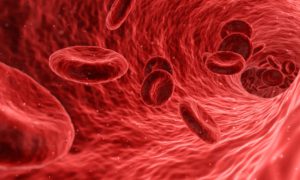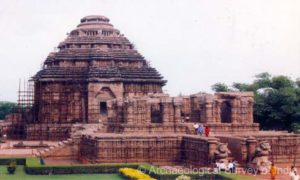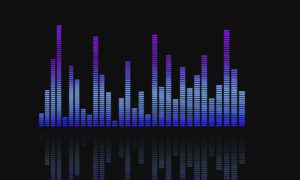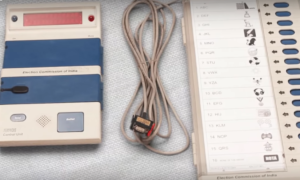
For the National Eligibility cum Entrance Test (NEET) 2017, the Central Board of Secondary Education (CBSE) barred students, who had already attempted the medical entrance exam thrice, from applying further.
When students protested, Human Resource Development (HRD) minister Prakash Javadekar tweeted the Medical Council of India (MCI) has clarified that NEET 2017 will be considered the first attempt in this case and the students will get two more chances to clear the exam.
After this, the online application system was updated to allow the students, who been barred earlier, to fill up the NEET application forms successfully.
During NEET 2018, no caps on the number of attempts were announced, but the age limits have been defined for applicants who can appear for the NEET exam.
For the general category, the lower age limit is 17 years, while the upper age limit is 25 years. For the SC, ST, and OBC candidates, the upper limit has been relaxed for five years, which means, the candidates can appear for the exam until they are 30 years old.
It means that a student can attempt NEET for nine times at the maximum (or 14 attempts if he or she is from reserved categories).
Irrespective of how many times you are allowed to appear for the exam, you can only become a doctor when you qualify the medical entrance exam.
Here are some of tips to crack the NEET exam right in the first attempt:
How to Study Physics?
NEET Physics is heavily based on solving problems, rather than rote learning. It means that to solve physics problems asked in the NEET exam, you have to rely less on memory and more on applying the basics.
When students say they understand the concepts but still cannot solve the physics problems, it only means that they are not adept at applying those ideas and concepts in solving different kinds of problems.
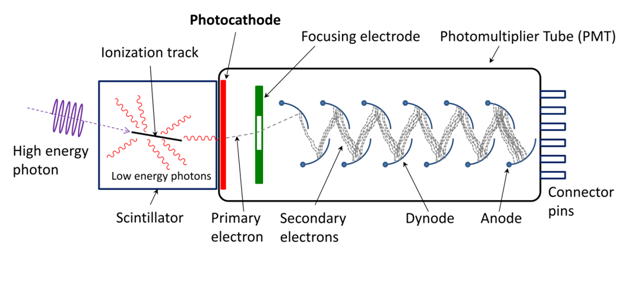
Here are some of the tips to master NEET Physics:
• Basic math is necessary to solve each section of physics problems. So, polish your math fundamentals first.
• Studying one hour per day for seven days a week is more impactful than studying for seven hours per day when it comes to retention of concepts and formulas.
It takes time for the brain to absorb and process the concepts that you study. So, you need to be consistent in your studies and define study goals for each session.
• Read your textbook first. If your concepts are still not clear, you can use standard reference books like Concepts of Physics by H C Verma. NEET coaching institutes also offer excellent study material to medical aspirants, which explain the concepts in depth and easy language.
• Pay attention in the class. Read the chapter before your teacher covers it and get your doubts and queries cleared in the class itself.
• If you find it difficult to memorize formulas, you should learn how to derive them. In this way, even if you forget a formula, you can derive it on the spot.
• Labs are designed and developed to help you learn the application of various concepts. So, pay attention to your practicals.
In case, your school doesn’t have a good laboratory or a qualified teacher to facilitate experimentation; you can always try virtual labs or online labs run by the government.
• Read through the solved problems in the National Council of Educational Research and Training (NCERT) book and the reference book, and answer the unsolved ones.
Remember, 90% of questions in all the NCERT books are almost same. Choose one book you like and stick with it.
How to Study Chemistry?
NEET Chemistry questions are easy and very scoring. If you attend your coaching classes regularly, make proper notes, and do your practice daily, you would probably be ready to tackle this section in the exam efficiently.

Some of the NEET preparation tips to master chemistry are:
• While studying chemistry for NEET, some of the techniques you can incorporate into your study plan are:
o Reading,
o Attending online and classroom lectures,
o Do the labs (or try the virtual labs),
o Practice problems,
o Study and discuss problems with your friends and peers (online forums are an excellent way to do this), and
o Teaching the concepts to someone else.
• Organic Chemistry (OC) makes up almost 28% weightage in the exam. People think that OC is all about mugging up, but it is not true.
Conversion of one carbon compound to another is an important topic in OC, which throws up about 3 to 4 questions in each exam.
Isomerism, Nomenclature, Identifying the Electrophile or Nucleophile Centres, and Resonance and Conjugation are some of the important topics in OC that you should prepare well.
• Cycles and flowcharts are quite useful in revising OC at the time of the exam.
• In Inorganic Chemistry, practice the reactions well, especially those of p-block compounds. Read all the chemical equations and reactions mentioned in your NCERT books thoroughly, and solve the problems provided at the end of every chapter.
• 3D models are a great way to learn OC. To visualize the concepts, you can use 3D tools available online.
• In the Physical Chemistry, NEET questions usually have a low difficulty level.
It means that it is easier to score marks in questions asked from the chapters related to it. A little practice can help you pick up the necessary skills easily and quickly.
How to Study Biology?
We all know that biology is the most important portion of the medical exam preparation.
In the NEET exam, 45 questions are asked from botany, and 45 questions are asked from zoology. It means that 90, out of a total of 180 questions, are asked from biology.
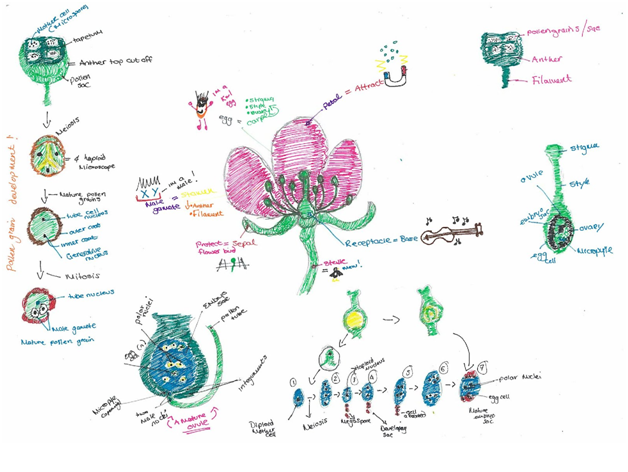
Here are some tips to master NEET Biology and win good marks in this section:
• Biological names can be hard to learn. It becomes easier to remember them when you understand what they signify. Try and break down the compound words in simpler terms and find out their definitions.
• Organize the information from the general concepts to the specific ones. If you want to learn the traits that identify an organism, start with the characteristics of its kingdom, phylum, class, order, family, genus, and then, species.
To study a process, start with the first step and then, move on to the advanced levels. Mind maps are effective ways to organize information visually and make it easier to learn.
• Drawing diagrams gives you something to do when you are feeling dull and can refresh your mind a bit.
It can also help you remember things for a longer time. It works exceptionally well for kinesthetic learners or those who have artistic skills.
Do solve previous years’ NEET and AIPMT (All India Pre-Medical Test) papers for the last ten years, and take online tests to get familiar with the new mode in which NEET 2019 may be conducted.
Analyze the tests and find out the topics in which you need help, and work on them.
We hope these tips should help you ace the NEET exam.







